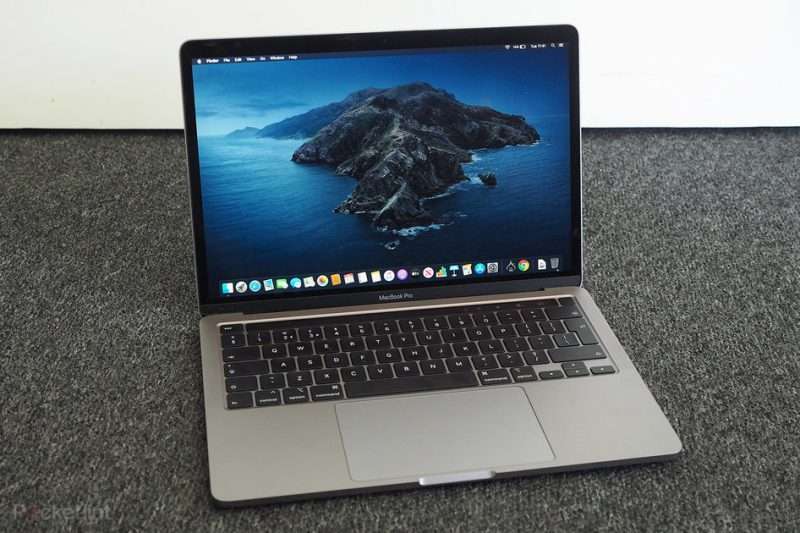There is one problem on Mac where deleting files won’t create free space on the drive. See how to solve this problem for good.
Why Deleting Files on Mac is Not Creating Free Space
There are a few possible reasons why your Mac does not have free space after deleting files.
- One possibility is that you have not deleted the files completely, and they are still taking up space on your hard drive.
- Another possibility is that the files you deleted were large and filled up your trash can, so you will need to empty the trash can to free up space.
- Finally, it is also possible that the files you deleted were hidden system files that are still taking up space on your hard drive.
Tools to Delete Files on Mac and Create Free Space
Here are a few possible tools to fix ‘deleting files but not freeing space on Mac.’ ( See the complete list of tools and use the one that works for you.)
1. Use a disk optimizer:
There are a number of disk optimizers available for Mac, which can help to free up space on your hard drive by deleting unnecessary files and improving file organization. Some popular disk optimizers include CleanMyMac, DaisyDisk, and Disk Drill.
2. Use a file management tool:
There are also a number of file management tools available for Mac, which can help you to identify and delete unnecessary files from your hard drive. Some popular file management tools include OmniDiskSweeper, Disk Inventory X, and GrandPerspective.
3. Use a disk cleanup tool:
There are a number of disk cleanup tools available for Mac, which can help to remove temporary files, log files, and other unnecessary files from your hard drive. Some popular disk cleanup tools include CleanMyMac, DaisyDisk, and Disk Drill.
4. Use a file shredder:
A file shredder is a tool that can be used to delete files permanently, so that they cannot be recovered. Some popular file shredders for Mac include Disk Utility, File Shredder, and Secure Eraser.
5 Fixes for ‘Deleting Mac Files Not Freeing Up Space
There are a few things that you can do to free up space on your Mac:
1. Delete unnecessary files and folders.
This includes things like old documents, cached data, and temporary files. To do this, you can use the Finder application to locate and delete these items.
2. Empty the Trash.
Once you have deleted the files and folders you no longer need, make sure to empty the Trash. This will permanently remove the items from your Mac and free up the space they were taking up.
3. Uninstall unused applications.
If there are applications on your Mac that you no longer use, you can uninstall them to free up space. To do this, you can use the Finder or the Launchpad application.
4. Reduce the size of your iPhoto or iTunes library.
If you have a large photo or music library, you can move some of the files to an external hard drive or cloud storage to free up space on your Mac.
5. Clean up your Downloads folder.
The Downloads folder can quickly fill up with files that you no longer need. To delete these items, you can use the Finder or the Trash application.
Error: Mac hard drive not showing correct free space
There are a few possible explanations for this discrepancy:
Wrong Partition on Mac
The hard drive may have been partitioned, and the Mac is only showing the available space on the current partition. To check this, open Disk Utility and select the hard drive in question. If it is partitioned, you will see multiple “volumes” listed under it.
Hidden Space on Mac Partition
Another possibility is that there is hidden space on the hard drive that the Mac is not showing. To check for this, open the Terminal and type in the command “du -sh *”. This will show you the sizes of all files and folders on the hard drive, including hidden ones.
Check if Mac Drive is Full
Finally, it’s possible that the hard drive is simply full and the Mac is not showing the correct available space. To check this, open the Terminal and type in the command “df -h”. This will show you the amount of free space on all drives, including the hard drive in question.
Learn more about why Mac keeps consuming space and shows incorrect free space in disk utility on Apple Support.
Video: Why Mac Shows Incorrect Free Space in Disk Partition
Why Mac Hard Drive Space Keeps Decreasing?
There are several possibilities as to why your Mac’s hard drive space may be decreasing:
1. You may have too many files stored on your hard drive. Over time, as you add more and more files, the available space on your hard drive decreases. The solution to this is to delete files that you no longer need or move them to an external hard drive or cloud storage.
2. Another possibility is that you have a lot of programs installed on your hard drive. Each program takes up some space on your hard drive, and over time, as you install more and more programs, the available space on your hard drive decreases. The solution to this is to uninstall programs that you no longer use.
3. Another possibility is that your hard drive is filling up with junk files. Over time, as you use your computer, it collects junk files such as temporary files, cache files, and log files. These junk files can take up a lot of space on your hard drive, and eventually, they can cause your hard drive to fill up. The solution to this is to use a junk file cleaner to remove these junk files from your hard drive.
4. Finally, it is also possible that your hard drive is simply getting full. As you use your computer and add more and more files to it, the available space on your hard drive decreases. Eventually, you will reach a point where your hard drive is full and there is no more available space. The solution to this is to either delete files to free up space or to upgrade to a larger hard drive.




